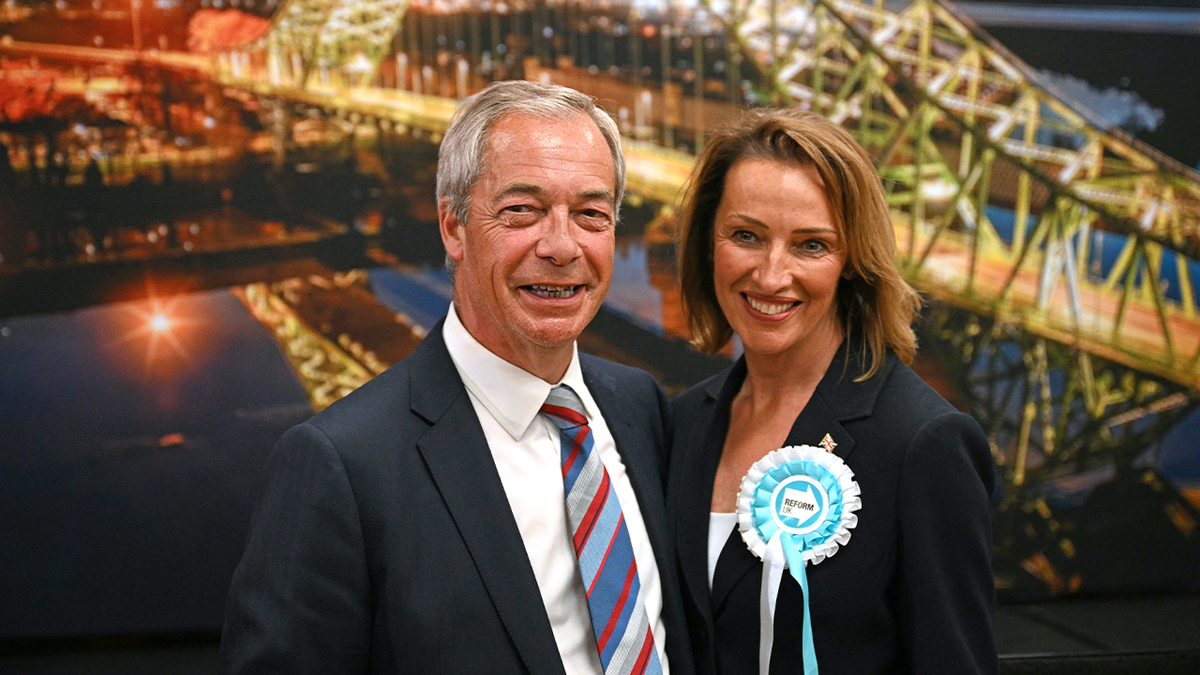Articles in this Cluster
04-05-2025
Singapore’s ruling People’s Action Party (PAP), led by Prime Minister Lawrence Wong, won a landslide with 65.6% of the vote and an overwhelming parliamentary majority, as voters prioritized stability amid global economic uncertainty, inflation, and job concerns. The result marks a rebound from recent weaker showings and is seen as a vote of confidence in Wong, who gained credibility during the pandemic. The opposition Workers’ Party retained its 10 seats and slightly grew vote shares in its areas but failed to expand, amid a fragmented opposition field. Economic headwinds, including inflation, supply disruptions, and US-China tensions, overshadowed recent PAP scandals, reinforcing voter preference for experienced governance.
Entities: People’s Action Party (PAP), Lawrence Wong, Singapore, Workers’ Party, parliamentary majority • Tone: analytical • Sentiment: neutral • Intent: inform
04-05-2025
Singapore’s ruling People’s Action Party (PAP) won a landslide in the 2025 general election, securing 87 of 97 parliamentary seats and increasing its vote share to 65.57% from 61.2% in 2020. The opposition Workers’ Party retained its 10 seats. Turnout was 92.47%. It was Prime Minister Lawrence Wong’s first election as PM; he becomes the first new PAP leader to improve the party’s vote share in his debut. The campaign centered on cost of living, jobs, and growth amid slowing GDP, trade uncertainties, and new U.S. tariffs. International partners, including the U.S. and EU, congratulated Wong and highlighted ongoing cooperation.
Entities: People’s Action Party (PAP), Workers’ Party, Lawrence Wong, Singapore, 2025 general election • Tone: analytical • Sentiment: positive • Intent: inform
04-05-2025
Singapore’s ruling People’s Action Party (PAP) won a landslide in the May 2025 general election, securing 87 of 97 parliamentary seats and increasing its vote share to 65.57% from 61.2% in 2020. The Workers’ Party retained its 10 seats. With a turnout of 92.47%, the election—Prime Minister Lawrence Wong’s first as leader—centered on cost of living, jobs, and growth. Wong, who succeeded Lee Hsien Loong in 2024, is the first new PAP leader to improve the party’s vote share in his debut election. International partners, including the U.S. and EU, congratulated the result. The vote comes amid slowing growth, downgraded GDP forecasts, and global trade strains, including new U.S. tariffs, prompting Singapore to form a task force to support businesses and workers.
Entities: People’s Action Party (PAP), Lawrence Wong, Workers’ Party, Singapore, Lee Hsien Loong • Tone: analytical • Sentiment: positive • Intent: inform
04-05-2025
Singapore’s 2025 general election saw the ruling People’s Action Party (PAP) expand its dominance, winning 87 of 97 seats and boosting its vote share by five points from 2020, while the opposition held at the constitutional minimum of 12 seats (10 elected). Despite public frustration over the rising cost of living and calls for political diversity, voters ultimately prioritized stability amid global economic uncertainty and escalating US-China trade tensions, reinforced by PM Lawrence Wong’s appeal for a strong mandate. The Workers’ Party retained its existing seats but failed to break new ground, while smaller opposition parties underperformed, indirectly bolstering the PAP’s landslide. Analysts say Singaporeans’ choices mirrored trends in other democracies favoring incumbents during volatile times, and suggest shifting voter patterns could spell the beginning of the end for some weaker opposition groups.
Entities: People’s Action Party (PAP), Workers’ Party, Lawrence Wong, Singapore, 2025 general election • Tone: analytical • Sentiment: neutral • Intent: analyze
